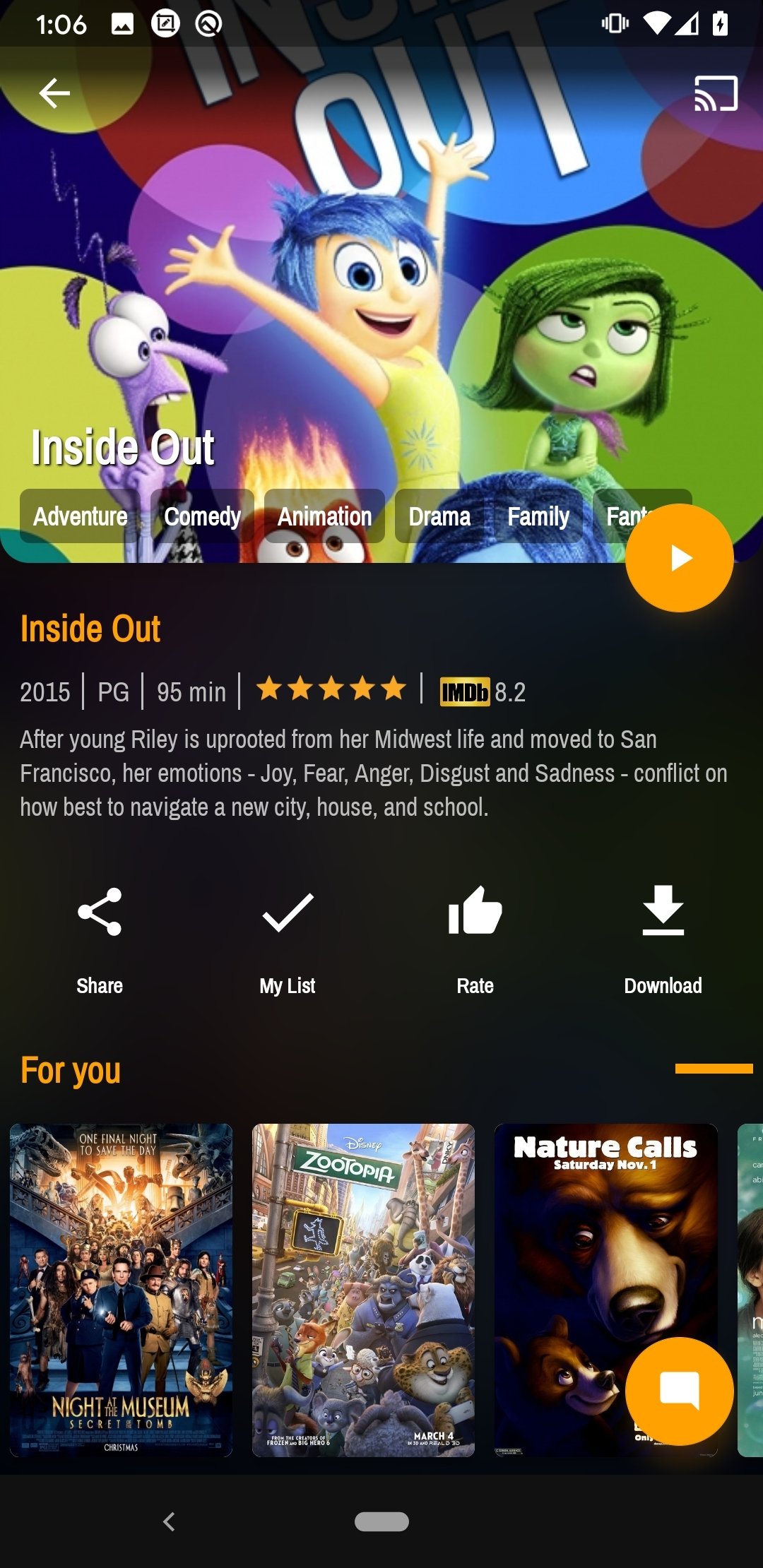

Download the custom version of the dependency.To make Unity use a custom version of a dependency:

For example, if you have multiple versions of Unity with the same dependencies and you don’t want to duplicate the installation of the SDK, NDK, and JDK, you can specify a shared location. However, there are situations where it’s useful to change the SDK, NDK, or JDK that Unity uses to build applications for Android. You should use the Unity Hub to install Android SDK & NDK tools and OpenJDK to ensure that you receive the correct versions and configurations. Unity installs Android SDK & NDK Tools and OpenJDK respectively in the SDK, NDK, and OpenJDK folders under /Unity/Hub/Editor//Editor/Data/PlaybackEngines/AndroidPlayer/. Unity Hub displaying the three dependency modules.

The Android Software Development Kit (SDK).For projects, these are considered direct dependencies for packages, these are indirect, or transitive, dependencies. Projects and packages use the dependencies attribute in their manifests to define the set of packages they require. To support Android, a Unity project requires the following dependencies In the context of the Package Manager, a dependency is a specific package version (expressed in the form that a project or another package requires in order to work. To create a Unity application for Android, you first need to set up your Unity project to support Android.


 0 kommentar(er)
0 kommentar(er)
